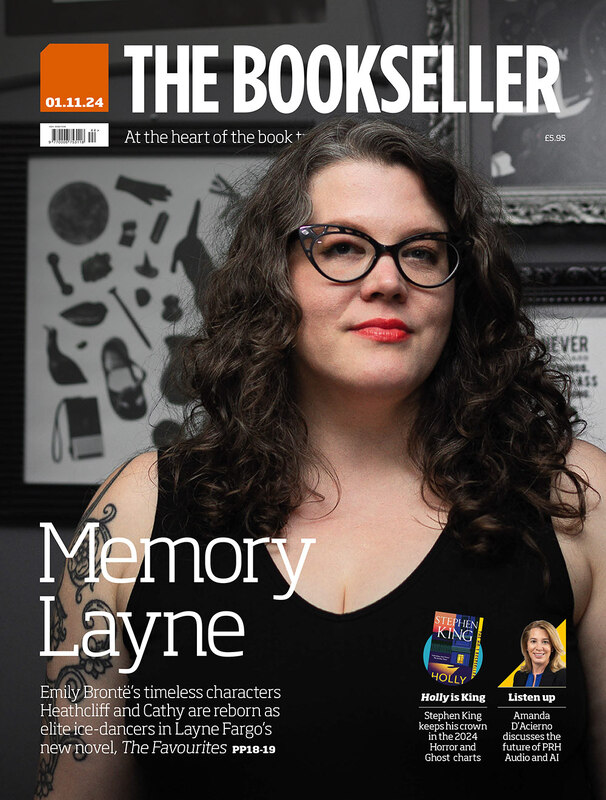Just off Borough High Street near London Bridge, sandwiched between a betting shop and a bank, is a pub that, if walls could talk, could tell you more about London than Buckingham Palace or Trafalgar Square.
The George's higgledy-piggledy galleries slope drunkenly along its front; it has more mahogany-panelled rooms than brands of beer; and the whole place looks like a film set – one can imagine Guy Fawkes hatching his Gunpowder Plot in the Parliament bar, or Jack Sparrow propping up the bar after stopping off on the Thames. The National Trust lists the George as being built in the 17th century, but the George's new biographer Pete Brown claims it's much older, and has stood the test of time to battle railway tracks, trendy bars and the death of the coaching inn.
How do you know that The George was Shakespeare's local?
We know he went to pubs a lot, there’s just no record of a specific pub. So which one did he go to? Well it could have been this one; it could have been another one. He lived in this area for about ten years and this is a place that used to put theatre on, so I would say that there was a good chance he did – but you can’t prove it.
What would the George have been like in its heyday as a coaching inn?
If you try and imagine Victoria coach station, then imagine it’s the biggest Wetherspoons you’ve ever seen; and it’s also an office block; and it’s also a hotel; and it’s also a place of work; and it’s also a warehousing complex – that was the George inn. It was astonishing.
What were some of your most surprising discoveries?
Part of the history that blew my mind was the whole role of London Bridge. Everything that came from the south came to this street to try and get into London over that one bridge – which is complete congestion and total chaos. If you were going out of London to the south, it made sense to get across the bridge the night before because that was going to take you several hours – which is why Chaucer started The Canterbury Tales in the pub next door [the now-demolished Tabard Inn].
Why do you think The George has stayed, while other inns like this have gone?
The main thing was the railways coming in. Once you had a station there was absolutely no need whatsoever for stagecoaches – what does a massive space like this do if its main source of business is gone? Curiously, what I think saved the George was that they started selling off some of this land at the back first, so it wasn’t as big. There was still a need for pubs, but there were always plenty of pubs. So it got to the stage where the George went from being this massive inn to being a pub inside a railway goods yard.
And then Miss Murray – the wonderful landlady from the 1880s to the 1950s – basically built a legend around the George. So this whole thing about Sam Weller and Mr. Pickwick referring to the George actually was the White Hart. She said Dickens used to change the names of the pubs and places he wrote about, and he really meant the George. She was
the original PR woman, this is why I love her so much. She would say to all of the journalists who would come round: “Oh, I don’t need their publicity, I’m just happy with my regulars. By the way, did I show you where Mr. Pickwick met someone…?”
What was really clever was that she was doing this was just after the First World War, and that’s the first time that nostalgia became a thing that we understand as it is today. Before that we hadn’t used the word nostalgia in that way; society had always been about forward movement and progress. After the First World War people thought, “right, well if that’s progress, I like how things used to be, thank you very much”. You had elderly people then, who in their lifetime had seen the change from stagecoaches through to factories, steam trains, tanks, automobiles – and they were like: 'where has the old world gone?' Dickens’ work was the symbol that tied everything back [to the past].
You mention in the book that Harvard University founder John Harvard is actually from Southwark. Was there anyone else you found in your research who you never expected to come from here or pass through here?
There’s a plaque on the other side of the Tabard where the Queen’s Head used to be, and that was owned by the Harvard family. John Harvard sold it to go to New England. This is where he grew up, the son of a Southwark butcher.
More recently it was a bit of a surprise to find that Princess Margaret popped in for lunch in 1960. When you get to the 20th century there’s a roll call of names who popped in for a drink. Churchill used to eat here quite a lot; Elizabeth Taylor’s been here; Charlton Heston; Beyonce; Madonna…
Pubs have always been such a big part of classic literature, from Chaucer to Dickens. Do you still see a place for them in literature today?
I think they provide a setting for things to happen. It’s where people go to have a good time. I put it in my talk around this book – that there isn’t a successful British soap opera that doesn’t have a pub at its heart. So they’re still really important. The Rovers Return looks the same as it did in the 1960s; the point is the symbol of it, as the heart of the community. The way in which that works changes all the time, because communities change and the way that communities interact changes, but somehow the role is still constant.
Shakespeare's Local by Pete Brown is out now, published by Macmillan.














